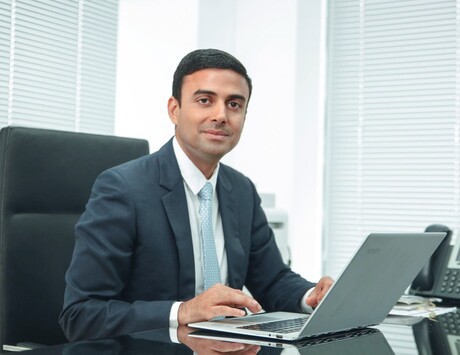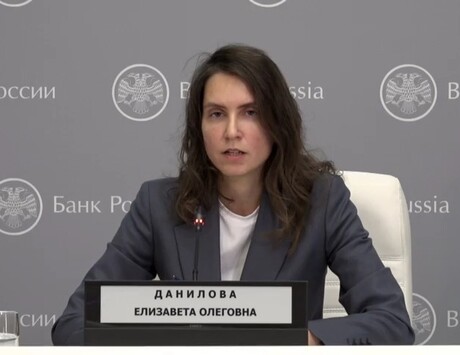Far and away the most interesting passage in this evening's lecture by Alexander Lebedev came when describing his background in the Soviet Union. It amounted to a public settling of accounts with a past blighted by being born into, and growing up inside, a totalitarian society in which individuals were unable to exercise free choice.
The proprietor of The Independent and the London Evening Standard put his own past in the context of a Soviet society that was cut off from easy access to information that we have long taken for granted in Britain.
"There was no free press," he told the Society of Editors' conference in Glasgow. "I was essentially brought up in a country where an awful lot of journalism was a bunch of lies...
"To find out what was happening in our own country we needed the foreign media, or to have access to dissident literature and newspapers, which were illegal...
"It struck a chord with me that journalism was not just random information blithely read or passed around; it was the key to a free society. It was, and is, a fundamental structure of a democracy.'
The irony was that Lebedev's access to an uncensored source of news occurred precisely because he joined the KGB in his 20s. He said:
"I could read anything I wanted and suddenly I saw the full extent of two sides of reporting, one censored and distorted by government interference and the other (often risk-taking, dissident, pro-democracy literature) free... holding up mirrors to often unpalatable truths."
Once he was stationed in London - and able to read newspapers such as the Standard - he could ingest any amount of information.
"I was no journalist but I was good at news analysis," he said. "That was my job. Sorry to disappoint those who think that everyone connected to the KGB is involved in James Bond plots of derring-do. Every morning I would read seven or eight newspapers and mark the pages."
Those papers enabled him to learn about how to run businesses and proved to be "a key to changing my life."
Lebedev reiterated his appreciation for the emergence of Russia from communism under the leadership of Mikail Gorbachev and reminded us that there is still a long way to go before the country can lay claim to press freedom.
He and Gorbachev are shareholders in a Moscow newspaper, Novaya Gazeta, that has suffered for daring to hold Russia's authorities to account. Lebedev said:
"It is a paper that employs journalists who every day try to push back the boundaries of what is allowed to be told.
"Some of our journalists have been murdered as a result of what they discovered and then wrote about. We have had intimidation and threats, yet every day these journalists go into their offices or into the streets to be able to report on what is happening.
"It was no accident that I was unable to be in London on the day I bought the Evening Standard; I was attending a funeral of three colleagues who were murdered simply for doing their job."
Referring to the continuance of "stifling state control" in Russia, Lebedev touched on his own recent difficulties with the authorities, in which his bank was raided by armed police in balaclavas. He said:
"The power of the state when unbridled is frightening. Men in masks are just a small taste of that. They can snuff out hope, liberty, freedom and human happiness.
"Being able to report what is happening in the corridors of power, on the battlefield, behind closed doors is an un-negotiable principle of journalism, to hold people up to account so that they will behave and so bring about more good things in society for more people."
Within Britain - and in the US media too - Lebedev is continually referred to as a former KGB operative in pejorative terms. The most obvious implication is that he must have a hidden agenda that makes him an unsuitable newspaper owner.
But this speech not only makes clear that the communist agent of the past is a changed man but that he has also not adopted the stance of a capitalist-style media mogul who calls the propaganda shots.
"I think that it is essential that journalists retain the power rather than the proprietors," he said in another key passage.
"I have always pledged to keep at arm's length from my editors in their decisions about what goes in the papers.
Because journalism is a fundamental structure on which democracy and freedom of the individual is built, it is essential that the power of the media is not tied too closely to any single individual.
In fact, I have made sure I have very limited influence on my papers in the UK or Russia."
He added that he hopes to "invest further in ways to stop corruption on a global scale... We need transparency and for the international community of journalists to be able to work together, to report on the billions of dollars that are hidden and often stolen."
Even if he does have a hidden agenda, though it's impossible to divine what that might be, his open agenda has much to appreciate.
And surely he has laid to rest the innuendos about once-a-KGB-man-always-a-KGB-man.



